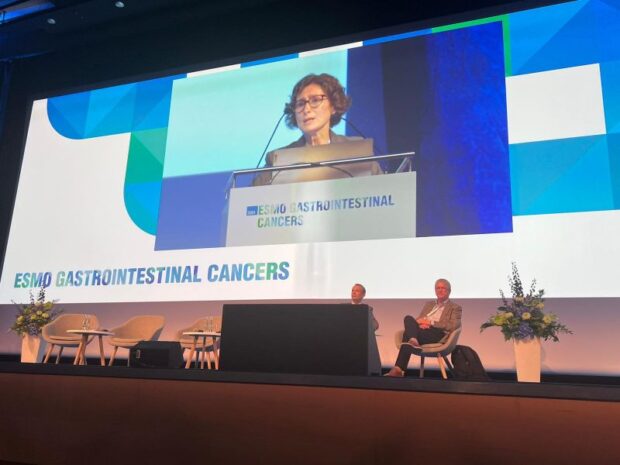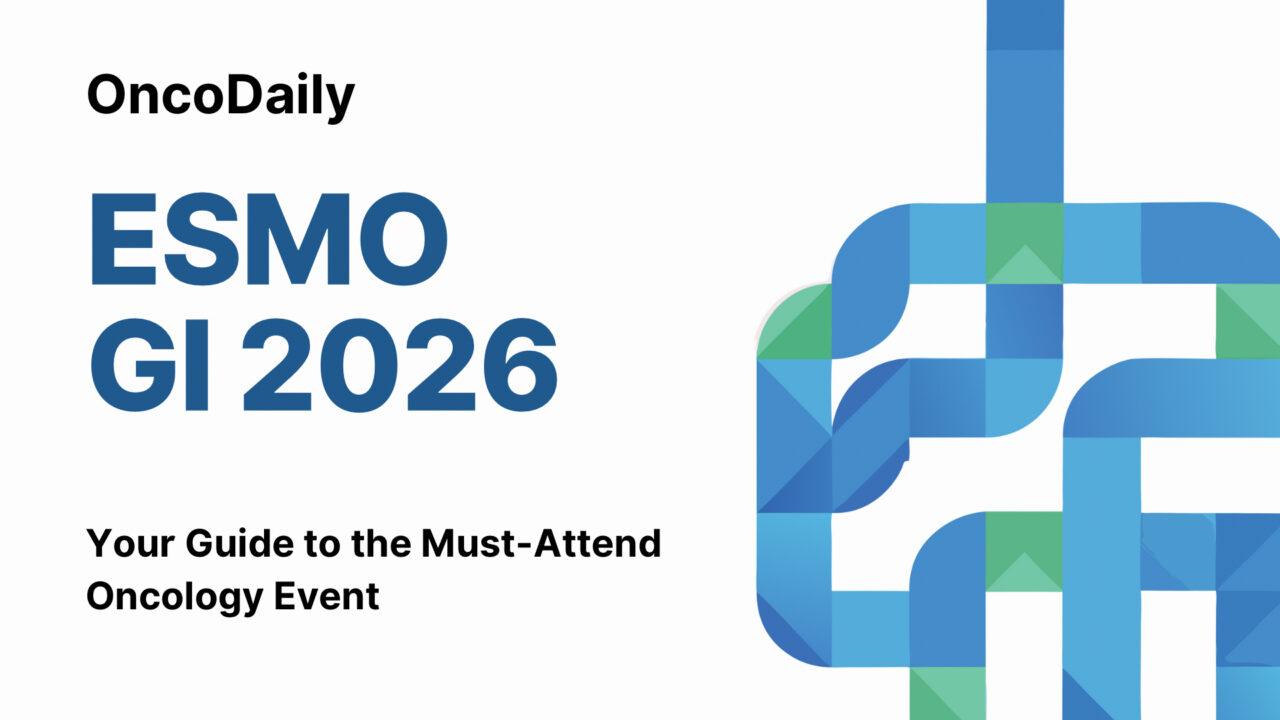The ESMO GI Cancer Congress 2026 remains at the forefront of advancements in gastrointestinal oncology, bringing together top clinicians, researchers, and industry leaders to drive innovation in cancer treatment and patient care. As a premier platform for knowledge exchange, the congress showcases the latest breakthroughs, fosters collaboration, and plays a crucial role in shaping the future of GI cancer management. This article explores its mission, impact, and key achievements, highlighting how ESMO GI 2026 continues to lead global efforts in improving outcomes for patients with gastrointestinal malignancies.
History of ESMO
Founded in 1975, the European Society for Medical Oncology (ESMO) has grown into a leading force in advancing cancer research, treatment, and patient care. Initially focused on fostering collaboration among oncologists, ESMO has evolved into a global platform driving innovation, policy reform, and equitable access to cancer care.
In its early years, ESMO concentrated on strengthening medical oncology as a specialty, laying the foundation for evidence-based cancer treatment. By the 1990s, the society expanded its reach with educational programs, including the ESMO Preceptorships and the development of ESMO Clinical Practice Guidelines, setting standards for cancer management worldwide.
The 2000s marked a shift toward personalized medicine, with ESMO integrating molecular oncology and targeted therapies into its educational and research initiatives. In 2014, the society launched ESMO-Magnitude of Clinical Benefit Scale (ESMO-MCBS), a tool to assess the value of new cancer treatments, ensuring patients receive the most effective therapies.
More recently, ESMO has championed global equity in cancer care, leading initiatives like ESMO Global Policy to address disparities in treatment access, particularly in low- and middle-income countries. The ESMO Asia Congress and partnerships with international organizations further highlight its commitment to worldwide collaboration.
Pioneering Progress in GI Cancer Care
ESMO GI’s vision is to unite different sectors, including medical professionals, policymakers, and industry leaders, to strengthen cancer prevention and treatment strategies. A key focus is ensuring equitable access to care, especially in underserved regions, so that all patients receive the best possible treatment regardless of their location.
Beyond scientific discussions, ESMO GI plays a crucial role in shaping global cancer policies. By working on healthcare improvements, supporting research, and promoting innovative treatments, ESMO aims to create a future where cancer care is more accessible, effective, and patient-centered.
Why is ESMO GI Important for Cancer Control?
One of the ESMO GI Cancer Congress’s most significant contributions has been its influence on gastrointestinal cancer treatment and early detection programs. Past events have showcased successful case studies, such as the integration of liquid biopsy techniques in the early detection of colorectal cancer, improving patient outcomes through earlier intervention. Similarly, the Congress has driven the adoption of personalized medicine in GI oncology, with sessions focusing on the latest advances in targeted therapies and immunotherapies for GI cancers, leading to improved treatment protocols worldwide. The ESMO GI Cancer Congress’s impact is evident in its diverse international participation.

ESMO GI 2025
source: www.esmo.org
What Happens at the ESMO GI Cancer Congress?
The European Society for Medical Oncology (ESMO) Gastrointestinal (GI) Cancer Congresses have consistently served as platforms for presenting groundbreaking research that shapes the future of GI oncology. Here are some notable studies from recent meetings:
MOUNTAINEER Trial: Tucatinib and Trastuzumab in HER2-Positive Metastatic Colorectal Cancer
Presented at the ESMO World Congress on Gastrointestinal Cancer 2022, the MOUNTAINEER trial investigated the combination of tucatinib and trastuzumab in patients with HER2-positive metastatic colorectal cancer. The study demonstrated promising antitumor activity and manageable safety profiles, offering a potential new therapeutic option for this patient population.
C-800 Study: Novel Biomarkers in Colorectal Cancer
Also highlighted at the 2022 Congress, the C-800 study focused on identifying novel biomarkers in colorectal cancer. The findings provided insights into tumor biology and potential targets for personalized therapy, underscoring the importance of molecular profiling in guiding treatment decisions.
BRCAness in Biliary Tract Cancer
Research presented at the same 2022 Congress explored the concept of “BRCAness” in biliary tract cancer, referring to tumors that share molecular characteristics with BRCA-mutated cancers. The study suggested that patients exhibiting BRCAness may benefit from targeted therapies like PARP inhibitors, paving the way for more personalized treatment approaches.
TOPAZ-1 Trial: Durvalumab in Advanced Biliary Tract Cancer
The TOPAZ-1 trial, discussed during the 2022 Congress, evaluated the efficacy of durvalumab, an immune checkpoint inhibitor, in combination with standard chemotherapy for advanced biliary tract cancer. The addition of durvalumab showed improved overall survival compared to chemotherapy alone, marking a significant advancement in the treatment of this challenging malignancy.
Advances in Hepatocellular Carcinoma (HCC) Treatment
At the ESMO Gastrointestinal Cancers Congress 2024, experts discussed emerging therapeutic strategies for hepatocellular carcinoma, including novel systemic therapies and combination approaches. These advancements aim to improve patient outcomes and expand treatment options for HCC.
ESMO GI 2026: What to Expect
The ESMO GI 2026 Congress is set to spotlight advancements in gastrointestinal (GI) oncology, particularly the integration of Artificial Intelligence (AI) and immunotherapy.
Building upon insights from prior congresses, the event will delve into AI’s transformative role in GI cancer care. Discussions will focus on leveraging machine learning to analyze clinical data, enhancing early detection of GI cancers, including hepatocellular carcinoma, by identifying predictive biomarkers. Additionally, AI’s capability to process extensive datasets, such as genomic and proteomic profiles, will be explored to tailor individualized treatment plans, aiming to improve outcomes and minimize adverse effects.
The congress will also highlight the latest immunotherapeutic applications in GI malignancies. Presentations are expected to introduce new immunotherapy targets identified through AI-driven analyses, offering hope for patients with treatment-resistant GI cancers. Discussions will explore combining immunotherapy with other modalities, like chemotherapy or targeted therapies, to enhance efficacy against GI tumors.
Emphasizing collaboration, the congress aims to bring together oncologists, data scientists, researchers, and policymakers to effectively integrate AI and immunotherapy into clinical practice. This collaborative approach seeks to foster knowledge exchange and drive innovation in cancer treatment and patient care.
ESMO GI 2026 Dates and Location: Registration, important Information
Presentation and Publication of Accepted Abstracts
- Proffered Paper: Oral presentations of original data of superior quality.
- Mini Oral: Short oral presentations of data of good quality.
- Poster: Paper poster presentations for review and discussion onsite. Presenters must attend in person.
- E-Poster: Electronic poster (PDF) for inclusion on the Congress Virtual Platform and onsite digital screens. Authors of ePosters do not need to attend in person.
ESMO Merit Travel Grant
- Available for: ESMO Members under 40 who are first authors (presenters) of accepted abstracts.
- Application Process: Competitive selection by the ESMO Scientific Committee.
Where will the abstract be published
The research from ESMO GI 2026 will be published in the ESMO Gastrointestinal Cancers Congress 2026 Abstract Book, which is a supplement to Annals of Oncology, the official journal of ESMO.
Annals of Oncology is a peer-reviewed medical journal that publishes high-impact research on oncology, including clinical trials, guidelines, and breakthrough studies in cancer treatment. Accepted abstracts and presentations from ESMO GI 2026 will also be available on the Congress Virtual Platform and later accessible to ESMO members on OncologyPRO.
Written by Nare Hovhannisyan, MD


